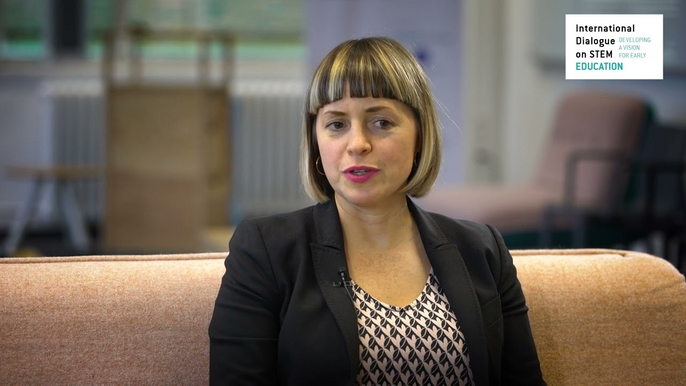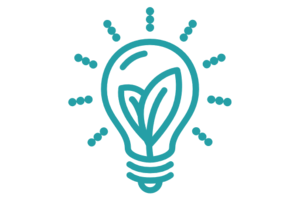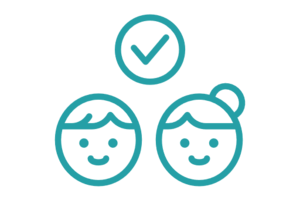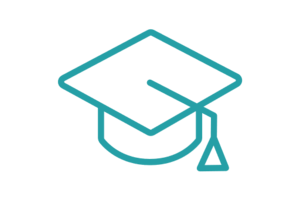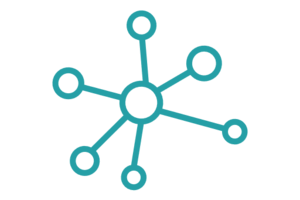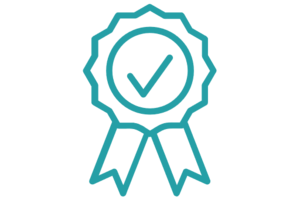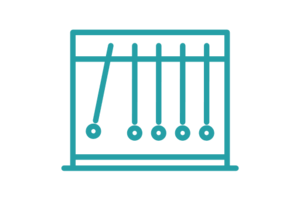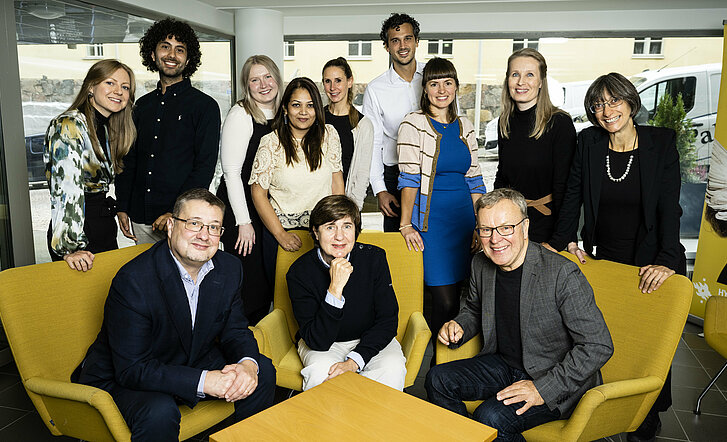
© Veikko Somerpuro
Promoting Early STEM Education for Sustainable Development Worldwide
The International Dialogue on STEM Education is led by an increasing number of initiatives worldwide, the "IDoS Peers", who are experts in the field of early STEM Education for Sustainable Development. As such, they each learn from one another through regular exchange in order to implement their work at home more efficiently, more effectively, and in a more knowledge-based way.
Meet the IDoS Peers
Across the globe, the International Dialogue aims to connect organisations that share a common focus of work. So far, six IDoS Peers are in frequent exchange to discuss selected topics that are relevant to state-of-the-art elementary and primary STEM Education for Sustainable Development.
Video: IDos Peer Interview
Follow the link for all interviews with the IDoS Peers
-
The non-profit Stiftung Kinder forschen (Little Scientists Foundation) is Germany's largest early childhood education initiative in the domains of science, technology, engineering/computer science, and mathematics (STEM Education). With an accompanying focus on Education for Sustainable Development (ESD), the aim of the programme is to strengthen children for the future, provide them with important skills, and enable them to act in a sustainable way.
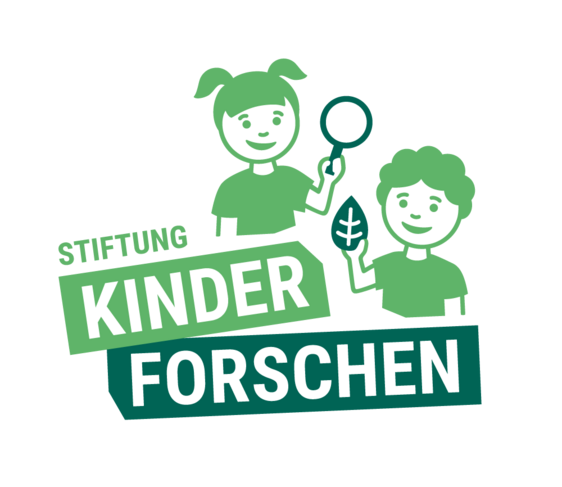
© Stiftung Kinder forschen
-
As a non-profit foundation, Siemens Stiftung promotes sustainable social development, which is crucially dependent on access to basic services, high-quality education, and an understanding of culture. To this effect, the Foundation’s project work supports people in taking the initiative to responsibly address current challenges. Together with partners, Siemens Stiftung develops and implements solutions and programs to support this effort, with technological and social innovation playing a central role. The actions of Siemens Stiftung are impact-oriented and conducted in a transparent manner. The geographical focus of its work is on regions in Africa and Latin America as well as Germany and other European countries.
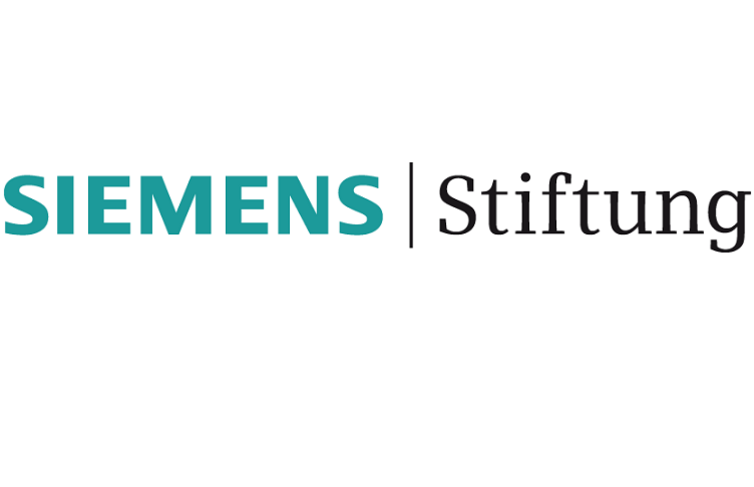
© Siemens Stiftung
-
The Smithsonian Science Education Center is an organisation of the Smithsonian Institution dedicated to transforming "K-12" education (from kindergarten up to the twelfth grade) through science, in collaboration with communities across the globe. Using a transdisciplinary approach, they want students to understand but also explore and engage with STEM-related topics more deeply to develop a sustainable mind set.

© SSEC / Smithsonian Science Education Center
-
LUMA Centre Finland is a science education network of Finnish universities. Our aim is to inspire and motivate children and youth into mathematics, science and technology (STEM). To achieve our goal, we develop new methods and activities of science and technology education based on research. Furthermore, we support the life-long learning of teachers working on all levels of education from the early childhood to universities, and strengthen the development of research-based teaching.

© LUMA Centre Finland / LUMA Centre Finland
-
The Fondation La main à la pâte brings together the teaching and scientific communities to improve the quality of science education in primary and middle-schools. It offers teachers a wide range of classroom and training resources to promote a lively and inclusive science that is in tune with societal issues, like sustainable development. It also coordinates local networks that support teachers, as close as possible to their needs.
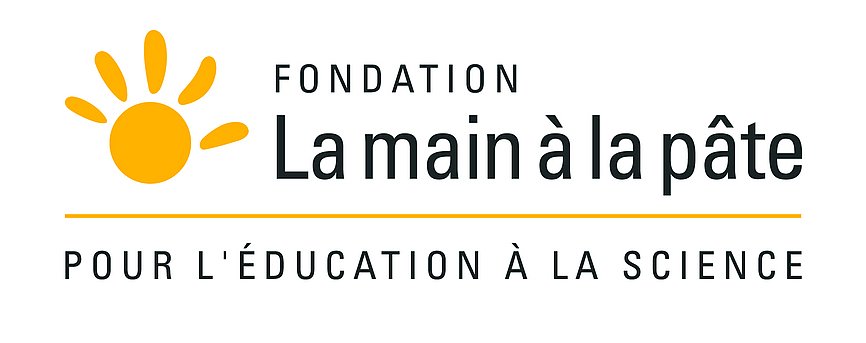
© La main à la pâte
-
The Office for Climate Education (OCE) was created in 2018 in response to Article 12 of the 2015 Paris agreement (COP21), highlighting the importance of climate change education.
As a UNESCO center since 2020, the OCE promotes climate change education at the primary and secondary school levels worldwide with a view to furthering the 2030 Sustainable Development Agenda, and in particular Sustainable Development Goals 4 (Quality Education) and 13 (Climate Action).
Working with a wide international network of institutional, scientific, educational, and financial partners around the world, the OCE recognizes teachers’ unique role in accompanying future generations in understanding climate change and in developing the critical thinking skills needed to act as global citizens. The OCE provides teachers with the re- sources, professional development, and support to make this possible. The OCE also provides policy advice to educational systems around the world in order to create enabling environments for implementing quality climate change education (CCE).
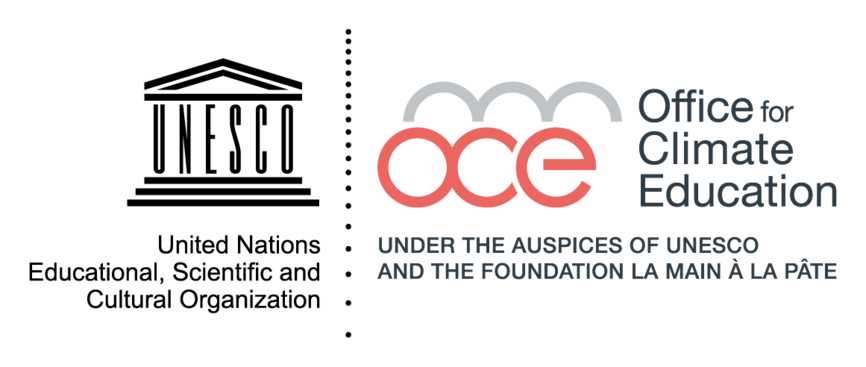
© Office for Climate Education
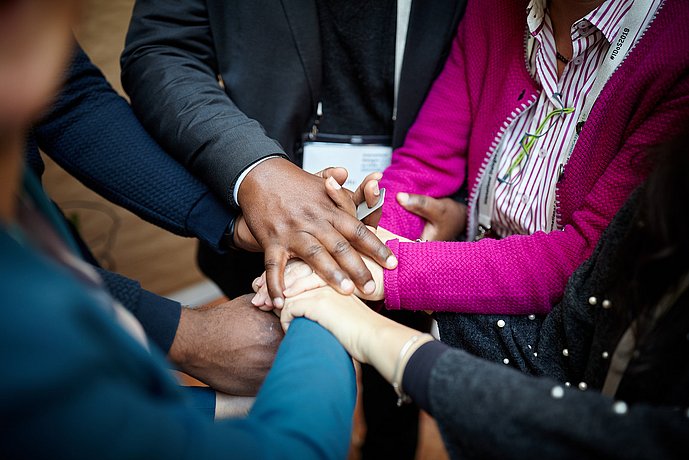
© Stiftung Kinder forschen / Peers learn from and with the best in their field
